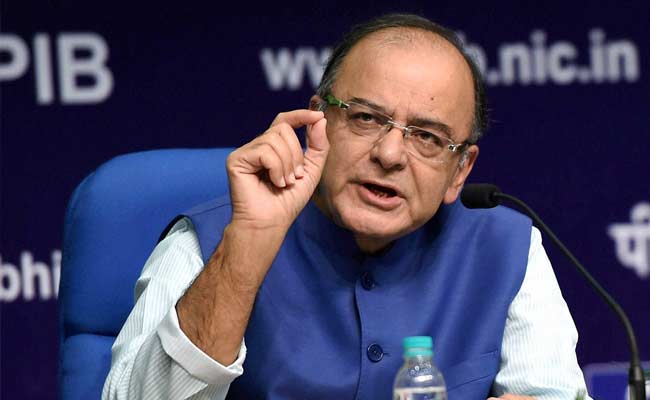The APMC fiasco and the much-needed agricultural reforms!
Background
On 14th September 2020, the Union Agriculture Minister Shree Narendra Singh Tomar introduced 2 key Agricultural Bills in the Lok Sabha:
- The Farmers Produce Trade and Commerce (Promotion and Facilitation) Bill, 2020 (hereinafter referred to as “FPTC Bill”)
- The Farmers (Empowerment and Protection) Agreement on Price Assurance and Farm Services Bill, 2020;
Subsequently, these bills were passed in the Rajya Sabha on 20th September 2020. These bills aim at enabling the farmers to sell their agricultural produce outside the physical premises of markets (i.e. the mandis) regulated by the Agricultural Produce Market Committee (hereinafter referred to as “APMC”).
Further, it also enables inter-state trade of agricultural produce for the farmers (which was earlier not permitted).
Role of APMC in the agricultural supply chain
The APMC was introduced in 2003 by the Government of India in an attempt to bring reformations in the domestic agricultural markets. The APMC was set up to act as an intermediary for the farmers to sell their agricultural produce to the traders.
The APMC mandis are run by the respective State Governments. The states are divided into different markets based on the geographical area. Once a particular area is declared as a market area and falls under the jurisdiction of an APMC, no person or agency can freely carry on agricultural trading activities outside the designated markets. Similarly, the farmers are prohibited to sell their produce outside the APMC mandis.
Further, APMC authorizes various commission agents or traders to carry out various procurement and distribution activities related to agriculture produce. These agents and traders need to apply for a license, to carry out the trading activities, which essentially results in the ‘license raj system’ which was prevalent in India before the liberalization in 1991.
The agricultural produce is sold in the mandis through an auction system with Minimum Support Price (MSP) being the base price for the auction. The whole process of selling the produce by the farmer involves a lot of fees and commissions which is to be borne by the farmer as well as the buyer.

The APMC charges a market fee from the buyers along with a licensing fee from the commission agents who mediate between buyers and farmers. The commission agent further charges fees/commission from the farmers as well as the buyers. Consequently, farmers get a lesser price for their produce, and the end consumer has to pay a much higher price due to the involvement of various commissions.
The criticism of APMC and the reason for reformation:
- Since the APMC play a dual role of a regulator as well as the Market, their role as a regulator is often undermined.
- The licensing process is not transparent and the power to grant a license is entirely on the discretion of the State Government which results in corruption at the state level.
- Very often there are delays in the process of selling the produce due to the negotiations between the agents and the buyers, which result in loss of farm produce and delay in payments to the farmers.
- The agents form a cartel to procure the agricultural produce at the MSP itself, and sell the produce to the buyers at a much higher price, thereby increasing their profits while reducing the profits of the farmers. The wholesalers and traders have no choice but to buy the produce from these agents.
- Although the APMC was set up to ensure that farmers are provided with a dedicated market to sell, it essentially restricts the farmers to sell their produce as per their own will.
With the reforms introduced by the Union Government, the farmers can now freely sell their produce outside the designated mandis and even to different states. This will ensure that the farmer gets the best possible price and cut the middlemen to ensure the farmer gets the maximum benefit from their produce.




